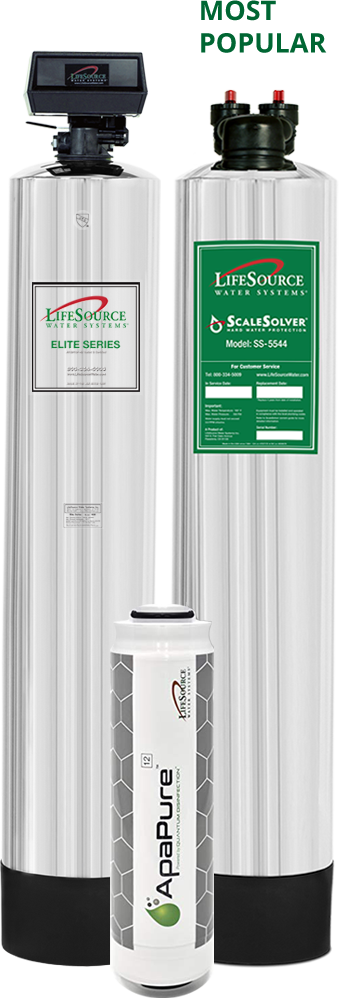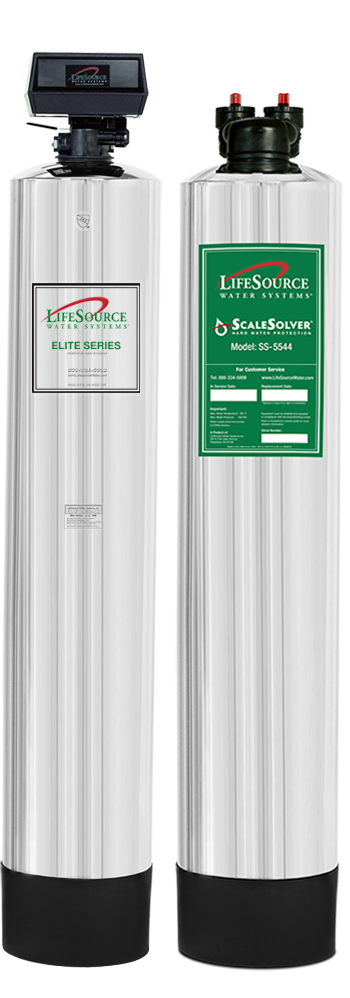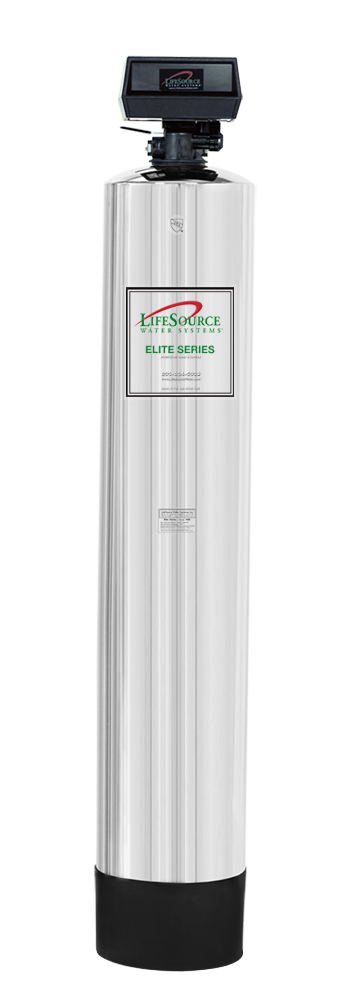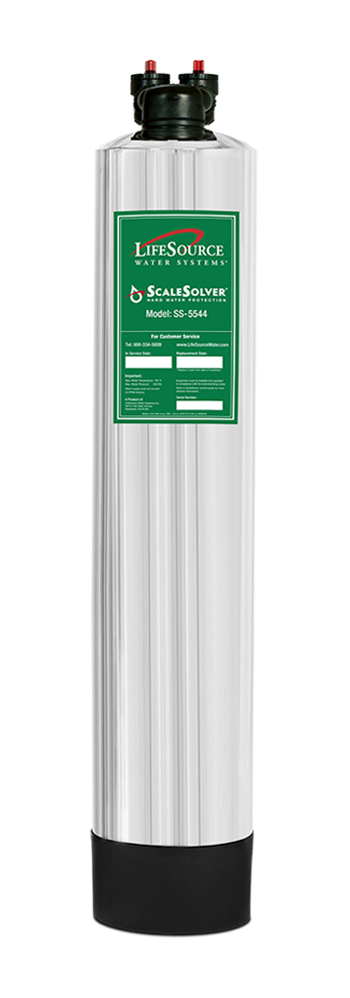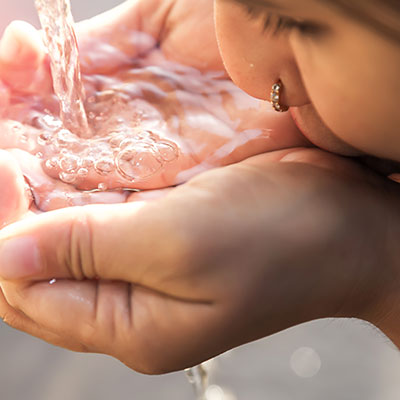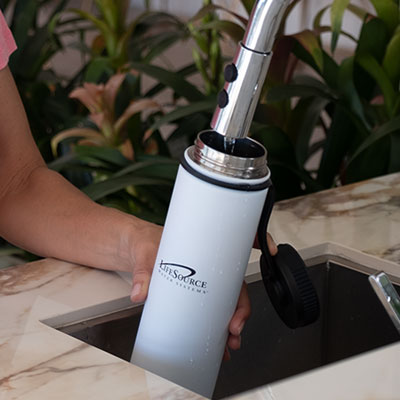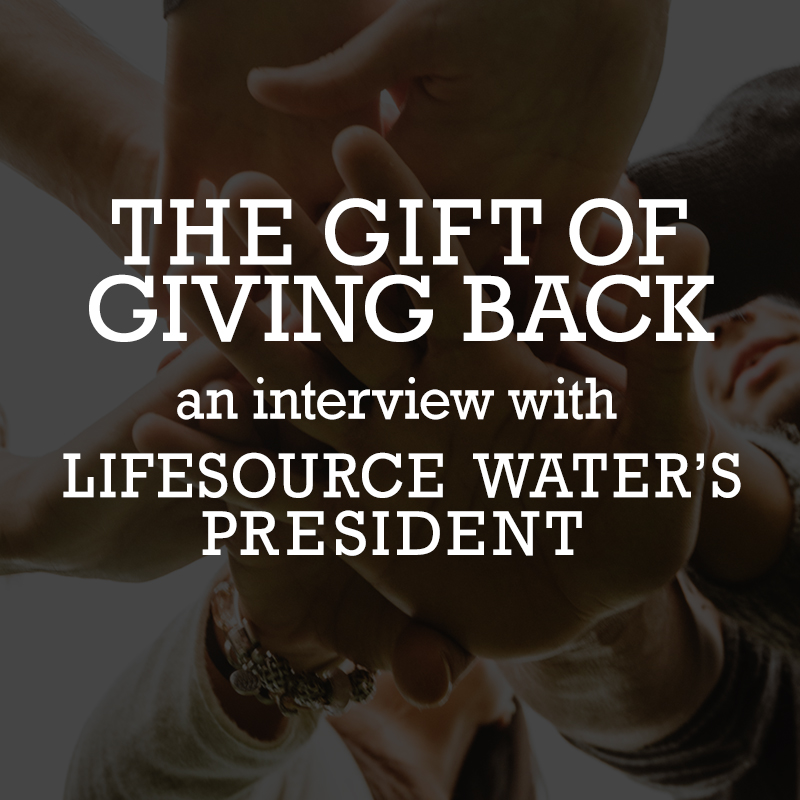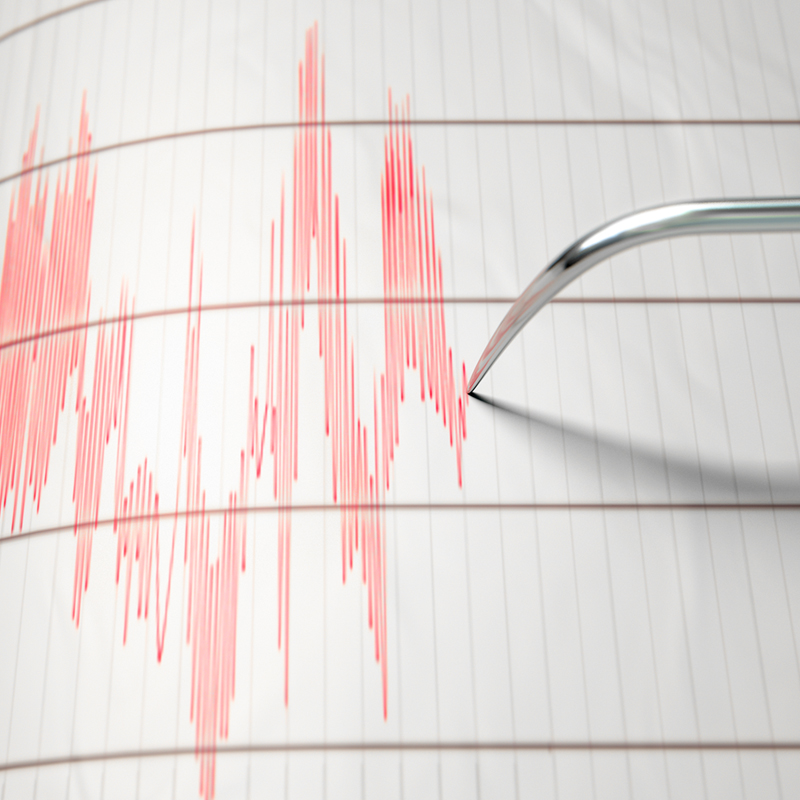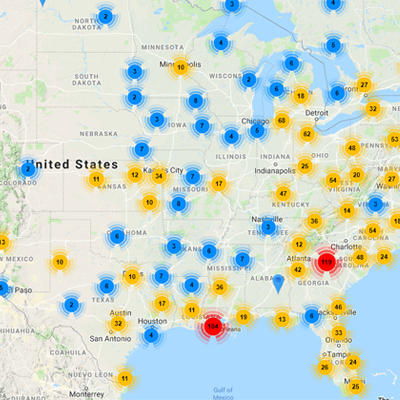
Boil Water Advisories – What You Need To Know
How to protect you and your family
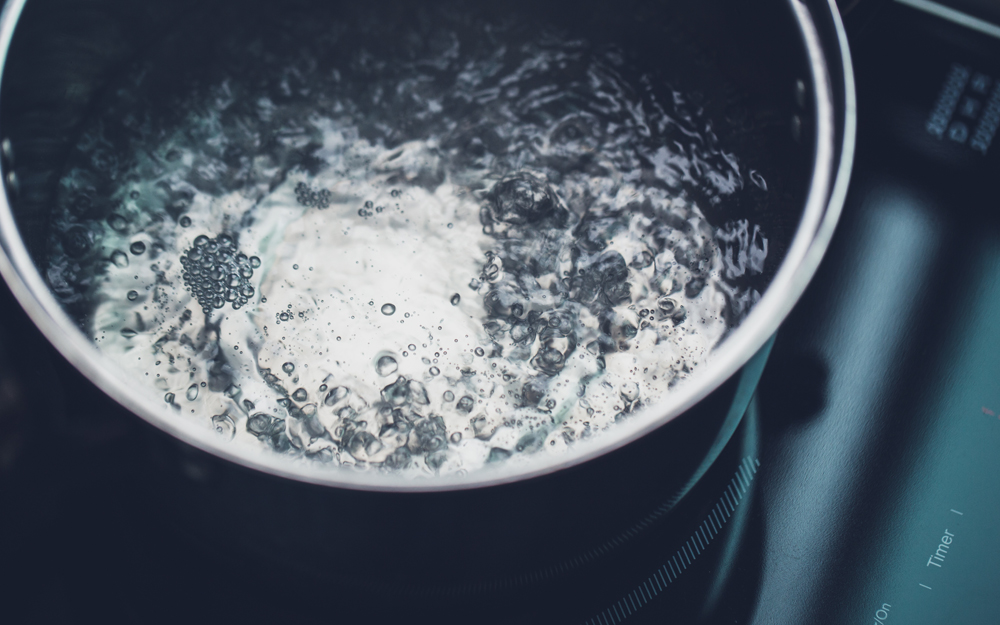
A boil water advisory (or alert, or notice) is exactly what it sounds like: a notice from the government saying you must boil your tap water to make it safe for consumption. In other words, your water source is potentially contaminated with harmful bacteria that could make you sick. People with weaker immune systems such as infants, young children, elderly and those with autoimmune diseases are most at risk during bacterial water contamination.
The most common reason a city issues a boil water advisory is because of a leak or break in a main or pipe. In the United States, most of our cities have been around for a while, which means our water infrastructures are aging. This means Water main breaks are not only common, but unfortunately will probably continue to become more and more frequent.
Source - Water Quality Research Foundation and the University of Arizona.
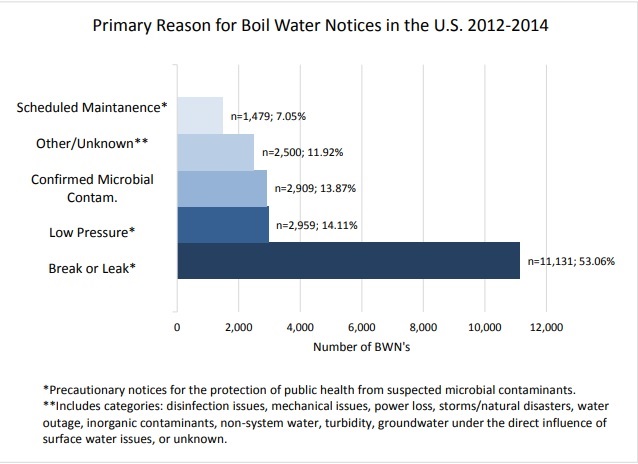
When a boil water advisory is in effect it means microbiological pathogens, like bacteria, cysts or other contaminants have been detected in the water supply.
During a boil water advisory, all water must be brought to a rocking boil for at least 1 minute before it is safe to consume. This includes water you may not immediately think about, like the water you use when brushing your teeth or ice cubes!
- Wash all fruits and vegetables with boiled water that has cooled or bottled water.
- Bring water to a rolling boil for 1 minute before adding food to cook.
- Use boiled water when preparing drinks, such as coffee, tea, lemonade and baby formula.
- Wash food preparation surfaces with boiled water.
- Household dishwashers generally are safe to use if the water reaches a final rinse temperature of at least 150°F or if the dishwasher has a sanitizing cycle.
Most home water filter and treatment systems do not protect against bacteria. So, even if you have a water filter system that uses carbon or other types of media, you would still need to boil your tap water to make it safe. Even after a boil water advisory is lifted, these filters still need to be cleaned before they can be used safely.
If you want peace of mind during a boil water advisory, then you need a filtration system specifically designed to safeguard against bacteria. A really great solution to having clean water even during boil water advisories is adding an ApaPure filtration unit to your home. ApaPure uses cutting edge technology designed to immediately kill 99.9999% of all bacteria, cysts and viruses.
For More Information on current boil water advisories and how to protect yourself, check out Boil Water Watch.

